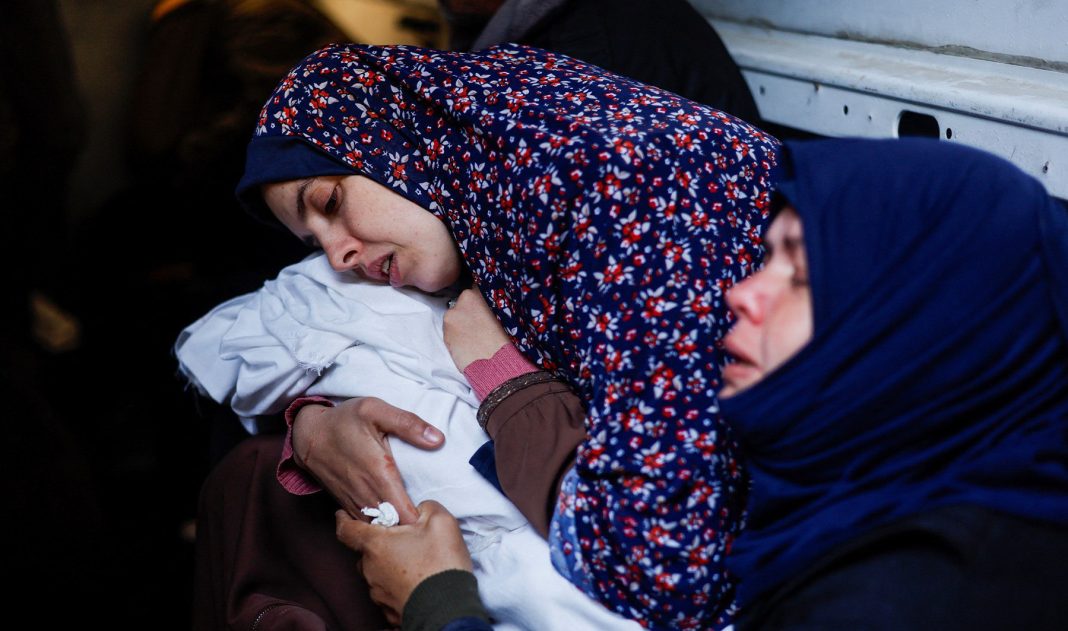In an address to the UN Human Rights Council in Geneva on Monday, Turk said he was deeply concerned that the war – now in its 150th day – had already generated dangerous spillover in neighbouring countries.
“Any spark could lead to a much broader conflagration,” Turk warned.
“This would have implications for every country in the Middle East,and many beyond it.”
The UN high commissioner for human rights added it is “imperative to do everything possible to avoid” a wider escalation and specifically cited the military escalation between Israel and Hezbollah and other armed groups in Lebanon, calling them “extremely worrying”.
Since October 8, cross-border exchanges of fire between the Israeli army and Hezbollah as a direct result of the Gaza war have killed dozens of people, displaced tens of thousands and destroyed vital infrastructure.
More than 30,000 people have been killed in Gaza in Israeli attacks since October 7, the day Hamas carried out attacks inside Israel that killed 1,139 people.
Since November, Yemen’s Houthi fighters have also been targeting ships on the Red Sea or Gulf of Aden that they say are affiliated with Israel and they are carrying out in protest against the war on Gaza.
The attacks have disrupted international trade on the shortest shipping route between Europe and Asia.
The United States, Israel’s top ally, and the United Kingdom have led reprisal strikes on Houthi targets in Yemen.
Turk said the Houthi attacks had not only disrupted global maritime trade but had also driven up the price of goods, which has had a significant impact on developing countries.
“There is a serious risk of the conflict extending to Yemen itself, with potentially severe harm to Yemen’s people, already suffering from the humanitarian crisis generated by a decade of war,” he added.
